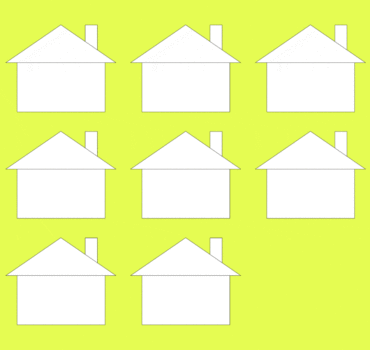

By Matteo Di Maio
Half of the things in politics are disagreements over how to solve the agreed-upon problem, and half are about whether the problem exists at all. The housing crisis is, thankfully, the former.
This universal acknowledgment is such that economists Bowman, Myers and Southwood have recently proposed that it is the “Ur-crisis”, in their essay: “the housing theory of everything.” Think of a problem the Western world faces – climate change, obesity, political polarisation. More (more affordable) housing could feasibly solve many of these.
Essentially, the key economic narrative of the last 50 years is that houses have become more like fine art, gold or stocks – and less like refrigerators, cars or televisions, essential utilities whose prices have all fallen drastically.
Everyone has their own pet policy to pull prices down—less QE, so-called “affordable housing schemes”, a rise in the OCR (check!). But what about the policies we haven’t considered, and probably never will? I’ve collected some such suggestions below.
1. We could institute a Georgist economy. The 19th century economist Henry George—whose book for a while outsold everything but the Bible—famously posited that the political economy is organised all wrong. We fund our governments by taxing the income of citizens, while famously being quite reticent to tax sacred, private property. In a Georgist system, a Land Value Tax is the primary source of State income, whilst the earnings of citizens are not taxed at all.
2. The contemporary economist E Glen Weyl has proposed an update to Georgism: citizens self-value their properties, publishing the valuations online. The catch? They must sell their property to anyone who bids the valuation price. If you think you can use land more productive. If owners want stability because they are adding value to a property, then they list a very high price, so that a sale would make moving out worthwhile. Set your price too high and no one will buy it, while you will be losing money on the land tax. Set it too low, and someone will buy it and they themselves will use it more productively.
3. We could ramp up squatters’ laws. One of the key economic inefficiencies of a housing boom is that landowners may be encouraged to hold a property. The number of empty houses in Auckland from 2013 to 2018 rose 6000 to 39,393. What if we made it legal to move into an unoccupied home? If you live in a property continuously for more than 20 years, the Registrar General of Land can already cancel the existing title and replace it with one in your name. What if we brought this threshold down, to two years, and passed a law saying houses left empty for more than six months were free takings for the homeless?
If housing really is the “theory of everything” for the Western world’s problems, then solving it—no matter how radical the solution—would have one more additional benefit: a reason to finally be optimistic about the future of the West.








